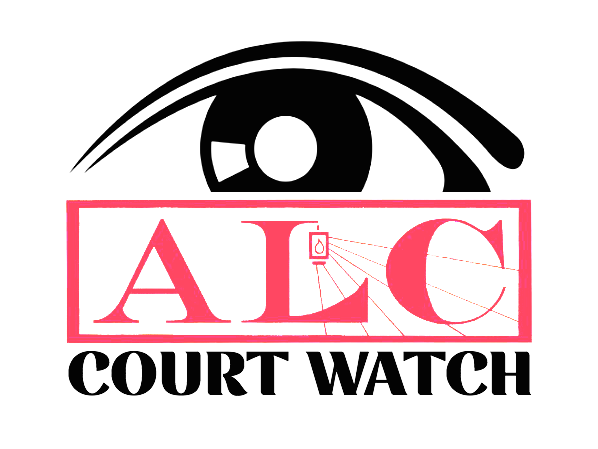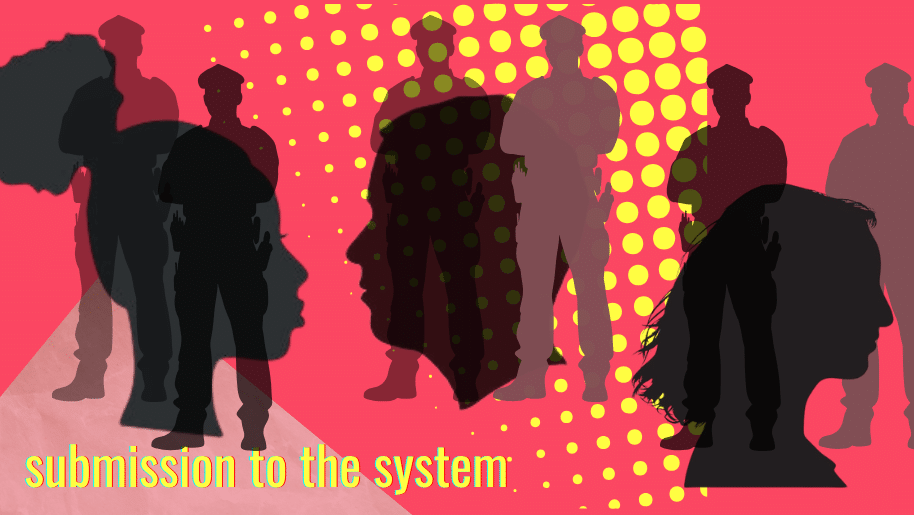by Grey Dixon, Court Watch Spring 2025 Intern
The act of reporting domestic abuse or sex crimes is highly vulnerable. It should be a liberating experience, but the survivor often winds up a pawn in a system of punishment. Should the justice of landing a perpetrator in jail be at the expense of the victim’s welfare and privacy?
During the reporting and investigations of these crimes, every portion of a victim’s story is scrutinized, supposedly to assess their credibility. But, reviewing the incident repeatedly does nothing but re-traumatize the victim. When I reported my sexual assault, they frequently interrupted my story – even after my request for them to stop – just to call into question every aspect of what happened. I felt unheard and disbelieved as they criticized the incident that had rendered me despondent. Beyond this, victim-blaming plagues all steps of the reporting process; there is a systemic misconception that victims must have done something or held responsibility in provoking such cruel treatment. Comments regarding what they wore and what they could have done to stop it, among many others, are often made, —an egregious defense of traumatizing events. Our ethical systems are highly flawed, where more effort is used to criticize a victim than to reshape our thinking and practices.
In the court system, victims are often required to be in the same room as their perpetrator and must conduct themselves respectfully while testifying only to what the lawyer questions them on. Their behavior is closely monitored; I have seen victims scolded for merely shaking their heads. Being forced to submit to their perpetrator once more by looking them in the eye and reliving the incident is hardly justice. They must perform for the eyes of others in an almost voyeuristic act, where their suffering is exploited for the gratification of those seeking to put someone behind bars. They are compelled to suppress their emotions to an inhuman extent, with the court not allowing them to express anger or sadness.
The system is losing all grasp of humanity and sympathy towards the victim and instead focuses only on the victim’s role in the perpetrator’s life. This is characteristic of the criminal justice system as well as media coverage of these incidents, since the sole focus is the perpetrator’s psyche. Restorative justice is rarely practiced, if ever, and the repayment is given only to the system rather than to the victim. How does incarcerating someone serve the victim when no other support is shown? Abolition doesn’t mean there should be no punishment, but rather that the broken system needs to be revolutionized to be more liberating and restorative in order to heal the victims.

